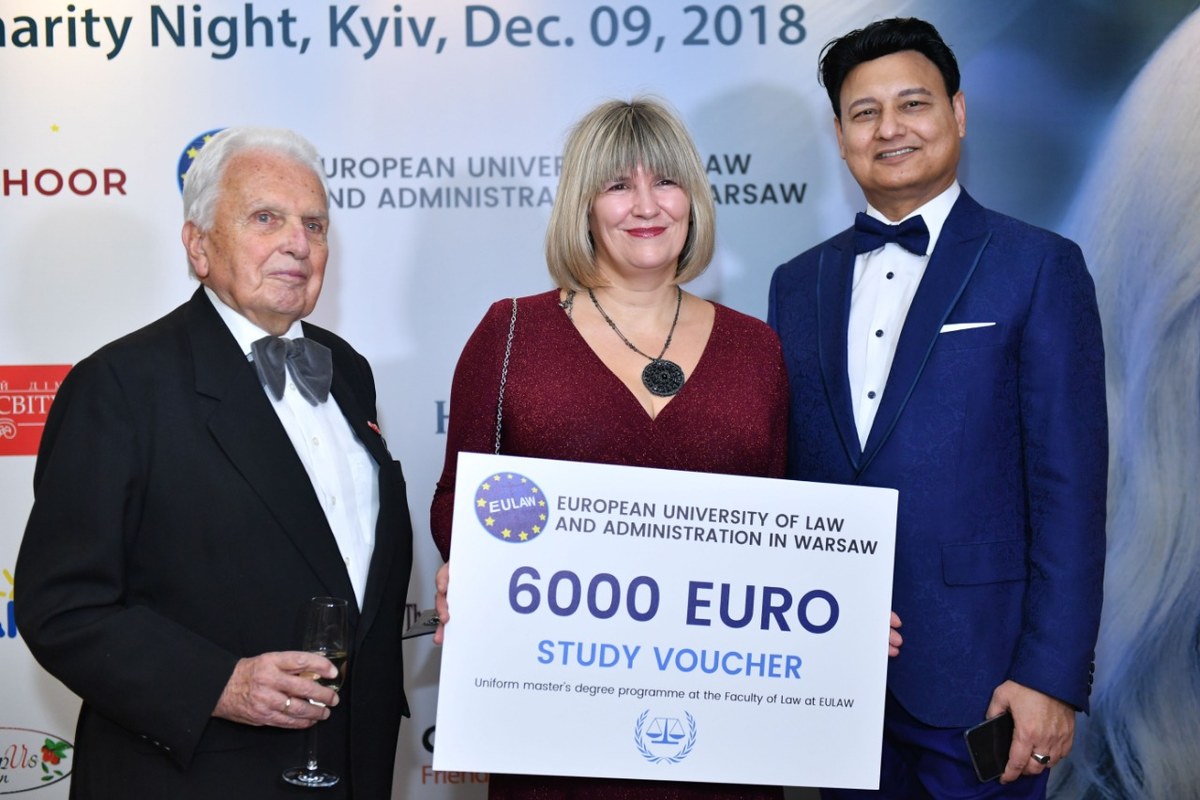ISLAMABAD: A Ukrainian businessman of Pakistani origin, a major figure in the Eastern European country’s media and steel industries, has called for international support for Kyiv as Russia’s invasion of Ukraine entered its 13th day.
Born in the Pakistani megapolis of Karachi in 1955, Mohammad Zahoor was 19 when he first traveled to Ukraine, then a part of the Soviet Union, to study metallurgy on a Pakistan Steel Mills scholarship. After completing his master’s degree, he returned to Pakistan to work in the steel sector.
Years later, as the Union of Soviet Socialist Republics fell apart and Ukraine became an independent state in 1991, Zahoor went back to participate in the country’s transition into a capitalist economy. He invested in the steel sector and established ISTIL Group, a conglomerate operating in real estate, manufacturing, and coal enrichment.
The businessman also became involved in Ukraine’s media and entertainment scene, buying the Kyiv Post, the oldest English-language newspaper in Ukraine, in 2009, which he owned for nearly a decade, and which earned him the title of “Pakistani Press Prince of Kyiv.” In 2018, he sold the paper to Syrian Adnan Kivan for $3.5 million.
Married to Kamaliya, a Ukrainian pop star and former Mrs. World beauty pageant titleholder, Zahoor left Kyiv with the couple’s two daughters after the Russian invasion, with his wife joining a few days later. The family is currently staying in London.

Muhammad Zahoor (2nd row, left) with his wife and children at a ceremony where his wife, Kamaliya (2nd row right), receives person of the year award for her singing and charity work in Kyiv, Ukraine in 2019. (Photo courtesy: Muhammad Zahoor)
In an interview to Arab News last week, the tycoon called on world powers to side with Ukraine, where the number of refugees fleeing to neighboring countries has surged past two million.
“This is time, actually, for us not to keep quiet, we have to take sides,” Zahoor said in a Zoom interview. “I am openly taking the side of Ukraine … this is the time actually for everyone to speak up for Ukraine, otherwise every big country is going to swallow its next-door neighbor.”
“It’s more than ten days that civilians are [being] bombarded, the nuclear plant has been targeted,” Zahoor said, referring to Ukraine’s Zaporizhzhia plant, the largest in Europe, which was seized by Russia last week.
“I think we are in the worst crisis in the world since the Second World War,” he added, saying a nuclear accident “in the middle of Europe” could be worse than the 1986 Chernobyl disaster, considered the worst nuclear accident in history both in terms of cost and casualties.

Muhammad Zahoor (right) receives a donation for his wife’s charity to build a pediatric cardio center in Kyiv, Ukraine on December 9, 2018. (Photo courtesy: Muhammad Zahoor)
He lamented that European powers, as well as the United States and Britain, had not done enough to come to Ukraine’s aid, saying Ukrainian President Volodymyr Zelensky had been calling for intervention much before the Russian invasion.
“I think Europe has done much little than they should have done,” he said. “Not only EU, but America and UK as well.”
The EU, the United States, Britain and others have hit Russia with a wide range of sanctions after its invasion of Ukraine, and also imposed asset freezes, travel bans and other restrictions on numerous Russian individuals, including President Vladimir Putin himself.

Muhammad Zahoor, who later became a billionaire through steel business in Ukraine, during his days in Moscow, Russia in 1990. (Photo courtesy: Muhammad Zahoor)
On Tuesday, the United States and Britain moved to ban Russian oil imports, a decision that is expected to worsen disruptions in the global energy market as Russia is the second-largest exporter of crude.
Zahoor said the war could have consequences for Russia similar to the Soviet-Afghan war in 1979-89, which drastically weakened the Russian military and economy. The defeat in Afghanistan was one of the major blows that caused the Soviet Union to fall apart.
“Ukraine is going to be the next Afghanistan for Russia,” Zahoor said. “I don’t know how many years they are going to be in Ukraine but once they are out, they will be broken into pieces.”















